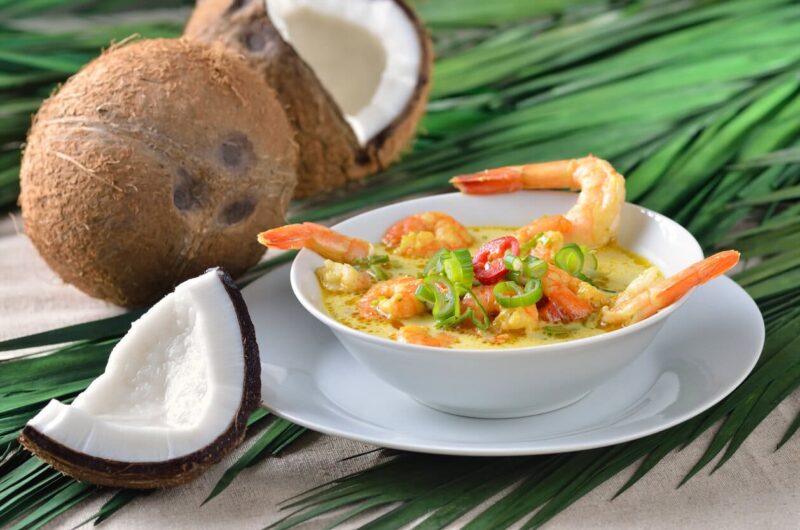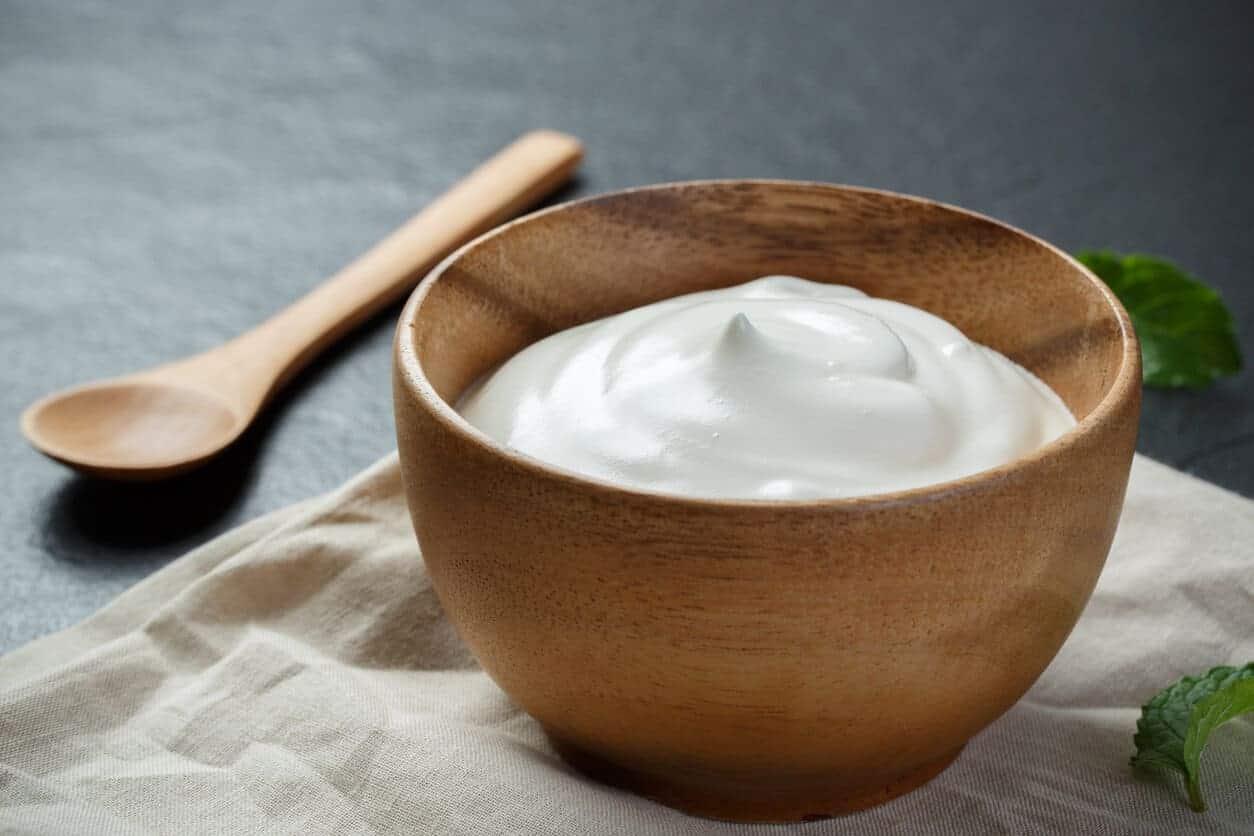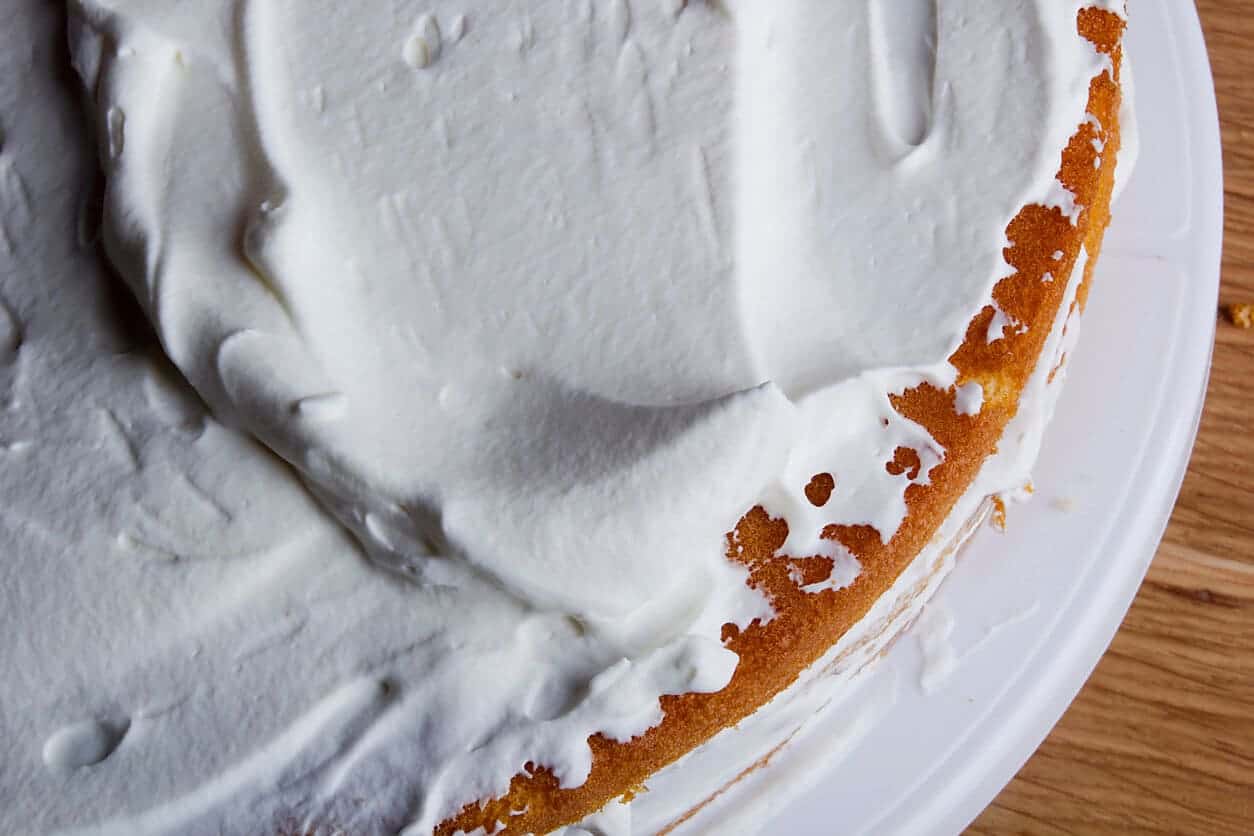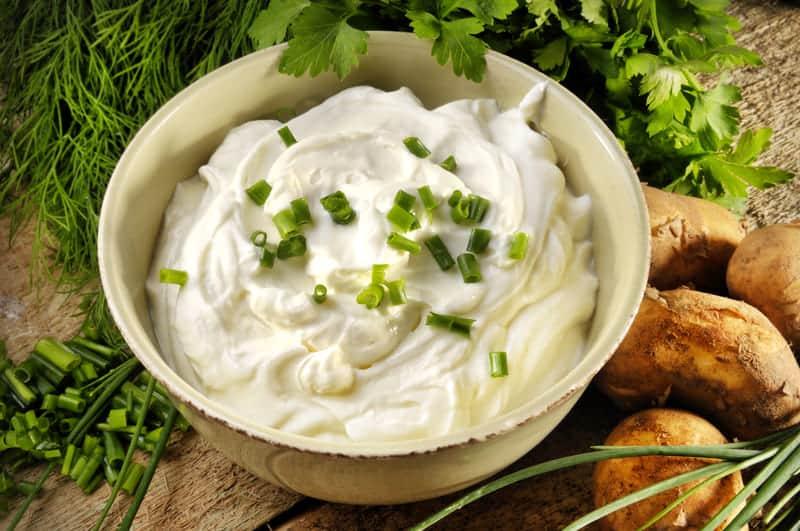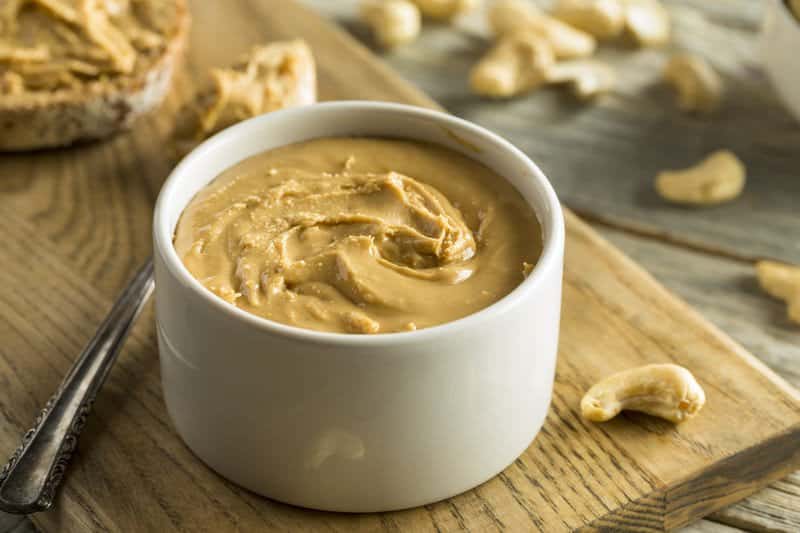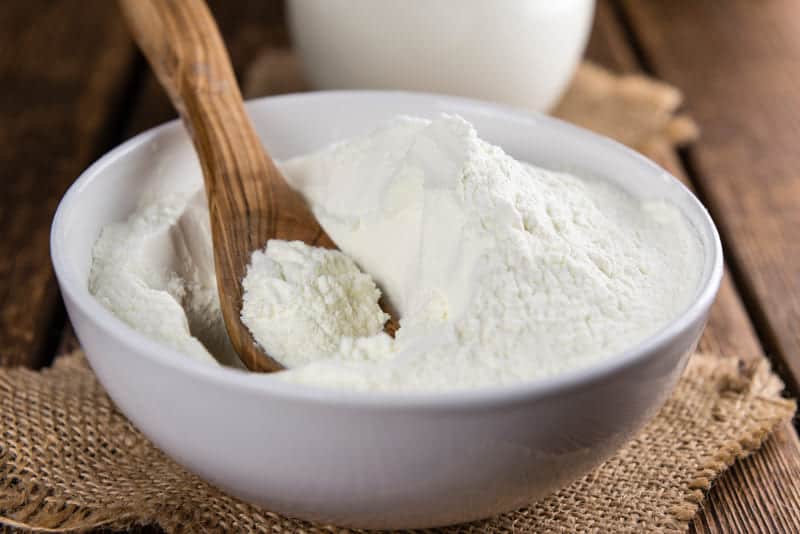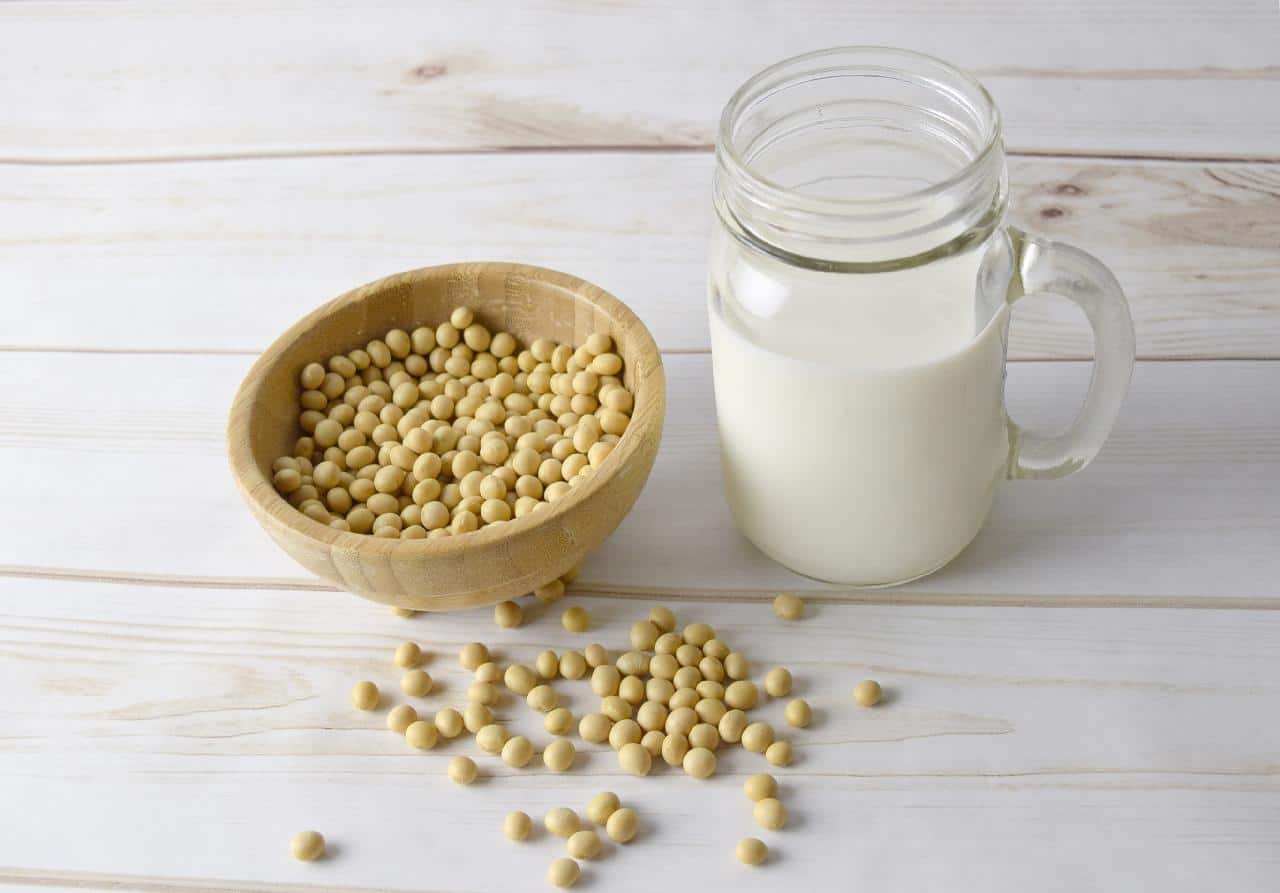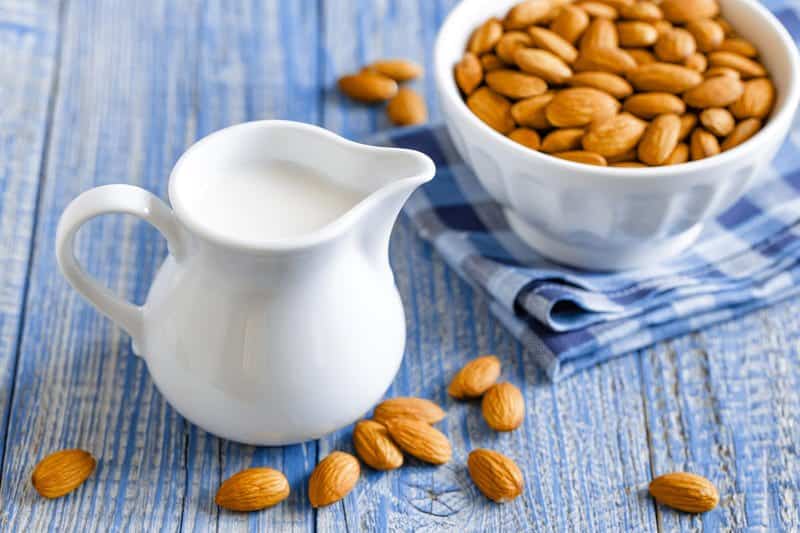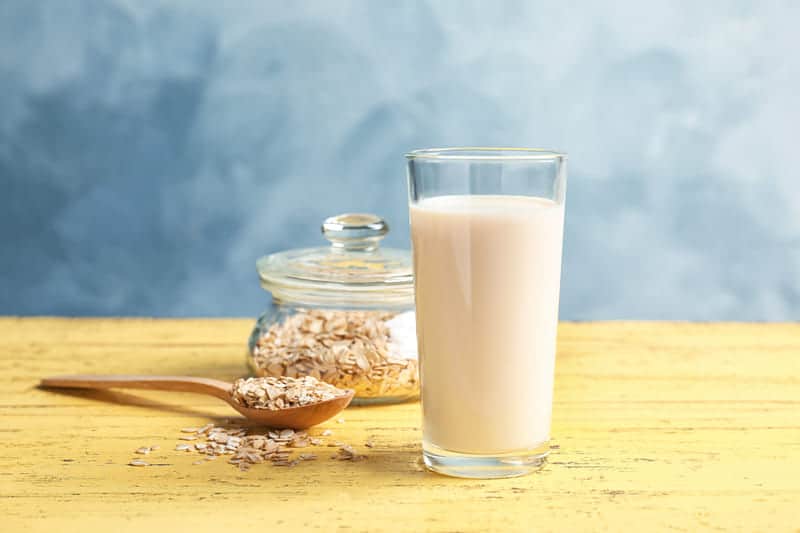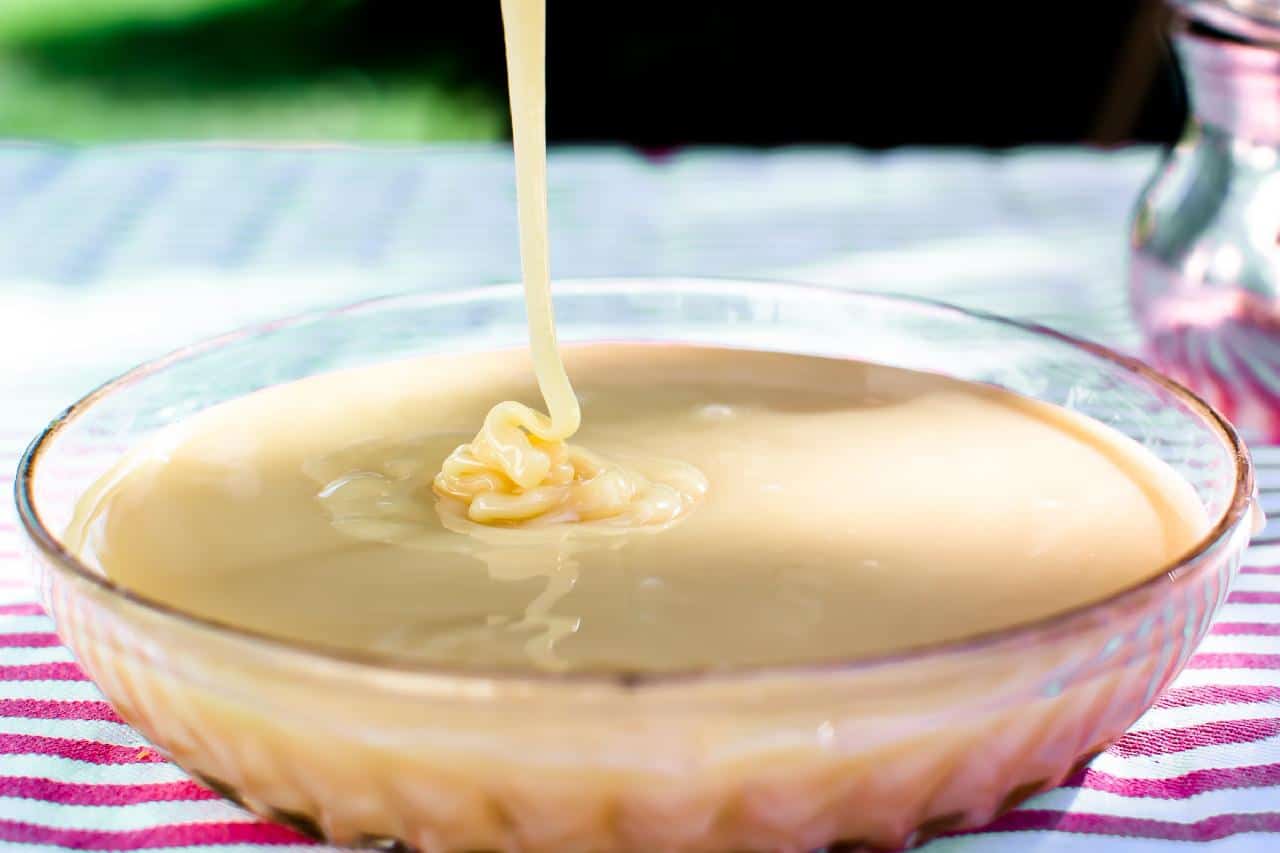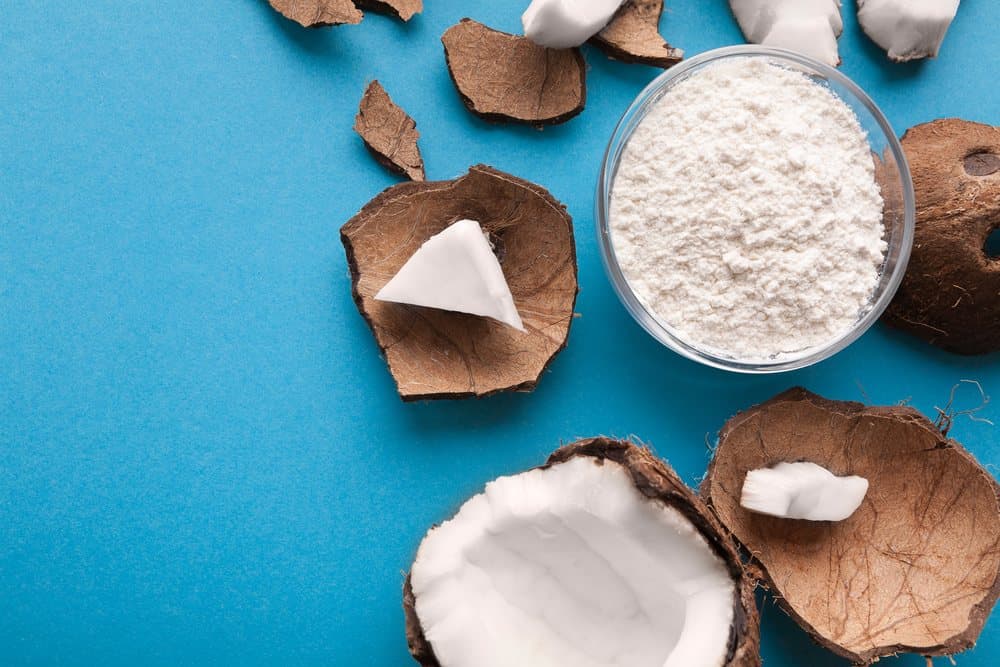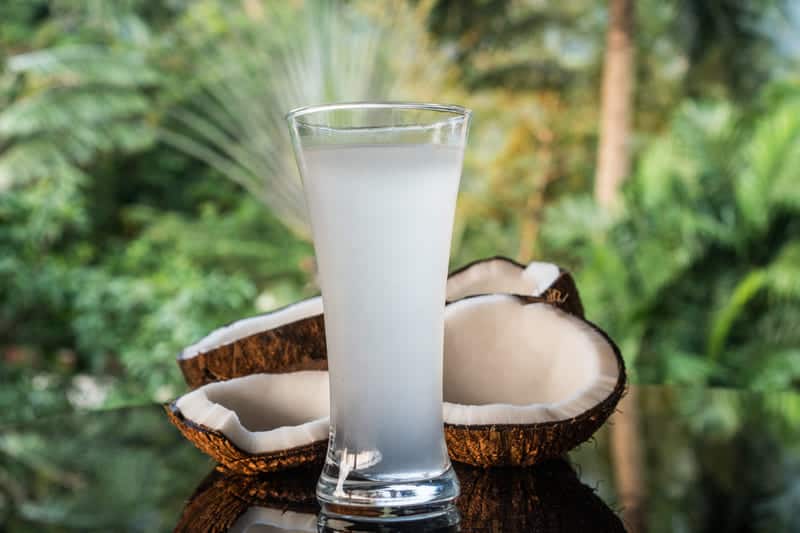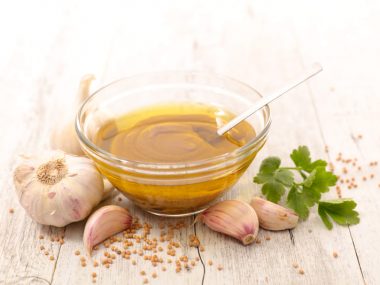If you’re craving to have some curry but you’re someone who might be allergic to coconut milk or do not have the ingredient at home, then you have come to the right place!
Although coconut milk is used for most curries, you can substitute it with many other products that will still give away the same taste with little to no change.
Great substitutes for coconut milk include Greek yogurt, heavy cream, sour cream, cashew cream, milk, powdered milk, soy milk, almond milk, or some of the following substitutes.
Read on to find out more about each substitute.
Do You Need Coconut Milk for Curry?
The necessity of coconut milk in a curry really depends on the preference of the person making them. Coconut milk is usually added to enhance the taste of the curry.
Most curries, especially in the North Indian states, don’t require coconut milk. Due to the abundance of fresh coconuts, the coastal regions of India, including sections of Maharashtra and the 5 states of Tamil Nadu, Andhra Pradesh, Kerala, Karnataka, and Telangana, consume coconut milk widely.
However, coconut milk is also a common ingredient in curry dishes in all other Southeast Asian Island countries around the equator.
The primary objective of using coconut milk in a curry dish is to balance out the heat from the spices and chiles used. The use of coconut milk will give the curry a distinct flavor.
So, in short, coconut milk is not a mandatory ingredient in most curries. It is only required if your recipe especially asks for coconut milk.
Even then, if you’re unable to use coconut milk for whatever reason, many other ingredients can be substituted for coconut milk which will still bring the same texture and taste more or less.
Best Coconut Milk Substitutes in Curry
Curries use coconut milk to thicken it and make it more creamy.
However, if you don’t have coconut milk or can’t use it because or allergic or don’t like the taste of coconut milk, here’s a list of substitutes you can use instead of coconut milk.
1. Greek yogurt
Greek yogurt is probably not the first substitute that might come to your mind, but it is one of the most creative substitutes for coconut milk because of its thick consistency.
You can either use unflavored greek yogurt or coconut flavored greek yogurt.
This yogurt has a similar consistency and thickness to coconut milk. However, it can be diluted with water if needed. It also adds creaminess to your curry just like coconut milk. Because greek yogurt is tangier than coconut milk it would be best to use them in a moderate amount.
Greek yogurt should replace coconut milk in a 1:1 ratio.
You need 1 cup of Greek yogurt to replace one cup of coconut water. If you want it thinner add 1 tablespoon of water and keep adding till you’re satisfied.
2. Heavy cream
Heavy cream can add that richness and creaminess provided by coconut milk in any curry hence, it is a good alternative for coconut milk in curries. The consistency of heavy cream is thicker than coconut milk, so you should dilute it with water.
Since the cream is flavorless, you can add half a cup of coconut water to get the flavor of coconut milk. Heavy cream should replace coconut milk in a 1:1 ratio.
Alternatively, to achieve the same consistency as coconut milk, mix 2 parts heavy cream with 1 part water.
3. Sour cream
Sour cream is another diary alternative that can replace coconut milk in curries. It can make the curry thicker but it has a more distinct flavor than greek yogurt or heavy cream and should be used in moderate amounts.
If your recipe includes other acidic components, you may need to reduce their amount or make other changes. Use sour cream moderately because it would make your curry tangy and add water to dilute the sour cream as needed.
4. Cashew cream
Cashew cream has the same creaminess as coconut milk.
It is a thick paste that has a creamy texture made from soaked cashew nuts. It is also smoother and creamier than other nuts and has the consistency of cow’s milk or yogurt.
This type of cream is a dairy-free option and very simple to make at home.
You just have to soak raw cashew nuts for an hour or overnight for better results. Then put them in the blender with any plant-based milk or water. You can also add dates to the mix if you want it to be a little sweeter.
You can use cashew cream to replace coconut milk in a 1:1 ratio.
Alternatively, you can also use cashew milk instead of cashew cream and will still have the same consistency and taste as cashew cream or coconut milk in the curry.
5. Regular milk
If you’re in a hurry and need to cook up a curry fast but can’t find any of the alternatives, regular milk can do the trick!
High-fat milk works better in the curry since it can better mimic the thickness of coconut milk. So, in that case, whole milk or at 2% milk is better to use as an alternative.
Since the consistency of regular milk is more watery than that of coconut milk, you should use less than what the recipe has asked for. Also if you want to replicate a little bit of coconut flavor in your curry, add a little coconut oil.
6. Powdered milk
You can also use powdered milk in curries instead of coconut milk.
Mix one cup of water with two tablespoons of powdered milk to get the same consistency as coconut milk. If you want the coconut flavor in your curry, add a little bit of coconut oil or coconut water to your curry.
7. Soy milk
Soy milk is one of the best non-dairy substitutes for coconut milk. It is a plant-based alternative that can be compared to cow milk regarding its nutritional value.
You can use soy milk for coconut milk in a 1:1 ratio.
Since soy milk is runnier or thinner than coconut milk, you can add one teaspoon of cornstarch. Moreover, if you want coconut flavor in your curry, you can add a tablespoon of coconut oil to your curry.
8. Almond milk
Almond milk is a great alternative you can use if you don’t like the flavor of coconut milk. In that case, make sure to use the unsweetened one.
You can easily replace coconut milk with almond milk in the same amount as required in your recipe. So you should use almond milk instead of coconut milk in a 1:1 ratio.
Almond milk is thinner than soy milk or coconut milk and has a consistency similar to water, so you can add cornstarch or lemon juice to improve the consistency.
You can also add coconut oil to improve the taste of the curry.
9. Oat milk
Since oat milk does not curdle you can use it as a substitute for coconut milk in curries.
However, like most non-dairy alternatives, the consistency of oat milk is thinner than coconut milk and it also lacks the richness in flavor that coconut milk produces. To correct this issue, you should mix it with cornstarch before adding it to the curry.
We would also suggest adding a little coconut oil to create that richness in your curry.
10. Evaporated milk
Evaporated milk, also known as unsweetened condensed milk, makes a great substitute for coconut milk in curries.
It is regular milk with 60% water reduction that gives it a creamier texture than plain fresh milk. It has a consistency close to half-and-half and a mildly sweet flavor.
You can use evaporated milk for coconut milk in a 1:1 ratio.
Note that the flavor of evaporated milk will be different from that of coconut milk. So, to solve this issue, you can add a little bit of coconut extract or coconut oil.
You can also buy coconut-flavored evaporated milk.
11. Half-and-half
Half-and-half is made by combining half whole milk and half heavy cream.
It is thicker and sweeter than whole milk, but less rich than heavy cream. It’s quite adaptable and provides flavor to a variety of dishes.
It’s also easy to make at home by mixing plain milk and cream in equal parts. You can use half-and-half for coconut milk in a 1:1 ratio.
12. Coconut cream
Coconut cream is thicker and richer than coconut milk because it has 4 times the coconut flesh than coconut milk. The only difference between either of them is the amount of coconut flesh to water.
The cream should be mixed with water before being used as a substitute for coconut milk. You’ll need 2 tablespoons of coconut cream and three-quarters of a cup of water. Just add as much water as you wish and blend until smooth if you prefer lighter coconut milk.
Do not confuse the cream of coconut with coconut cream because cream of coconut is sweeter and is better suited for desserts.
13. Coconut milk powder
If you can’t find coconut milk, you can use coconut milk powder as its substitute.
It has a similar taste and consistency to coconut milk. To make coconut milk, simply mix the coconut milk powder mix with warm water. Mix one spoonful of coconut milk powder with one cup of warm water to achieve a thinner consistency.
Finally, add three tablespoons of coconut milk powder for a thicker, creamier texture.
14. Homemade coconut milk
You can make coconut milk from unsweetened shredded coconut flakes that you bought from the store. You can also get them by “shaving” a fresh coconut.
Keep in mind that you just need 1 and a 1/2 unsweetened coconut shreds or flakes and 4 cups of warm water to make coconut milk from shredded flakes.
In a blender, combine all ingredients and blend for 2 minutes. Using a cheesecloth, strain the liquid into a clean container.
Use it as required by the recipe and then store the rest of it in the refrigerator.
15. Natural yogurt
Yogurt has the same creaminess as coconut milk. Hence it can easily replace coconut milk.
You can use it as required in the recipes. Much like greek yogurt, natural yogurt should be watered down to create the same consistency as coconut milk in the curry.
Yogurt is also used commonly by many when making curries.
How Do You Thicken Up A Curry?
It can get disappointing when you’ve spent a considerable amount of time making your curry but in the end, it turned out watery. So, here are some quick and easy steps you can follow to fix this problem.
You can mix in these ingredients to make your curry thick:
- Unflavored yogurt
- Tomato paste or puree for tomato-based curries
- Mash the potatoes in your curry
You can use flours or powders like:
- Mix a tablespoon of starch with a tablespoon of water and mix it into your curry while boiling.
- Add arrowroot
- Use flour and cooking fat
Related Questions
What can I use Instead of coconut milk in curry?
You can use so many alternatives for coconut milk in curries. The best substitutes include Greek yogurt, coconut cream, and heavy cream.
Can I substitute regular milk for coconut milk?
You can substitute regular milk for coconut milk, however, moderately because regular milk is more watery than coconut milk.
Can I use yogurt instead of coconut milk in a curry?
Yes, you can use yogurt instead of coconut water. You just have to add some water because it is thicker than coconut milk. Greek yogurt is the ideal substitute.
